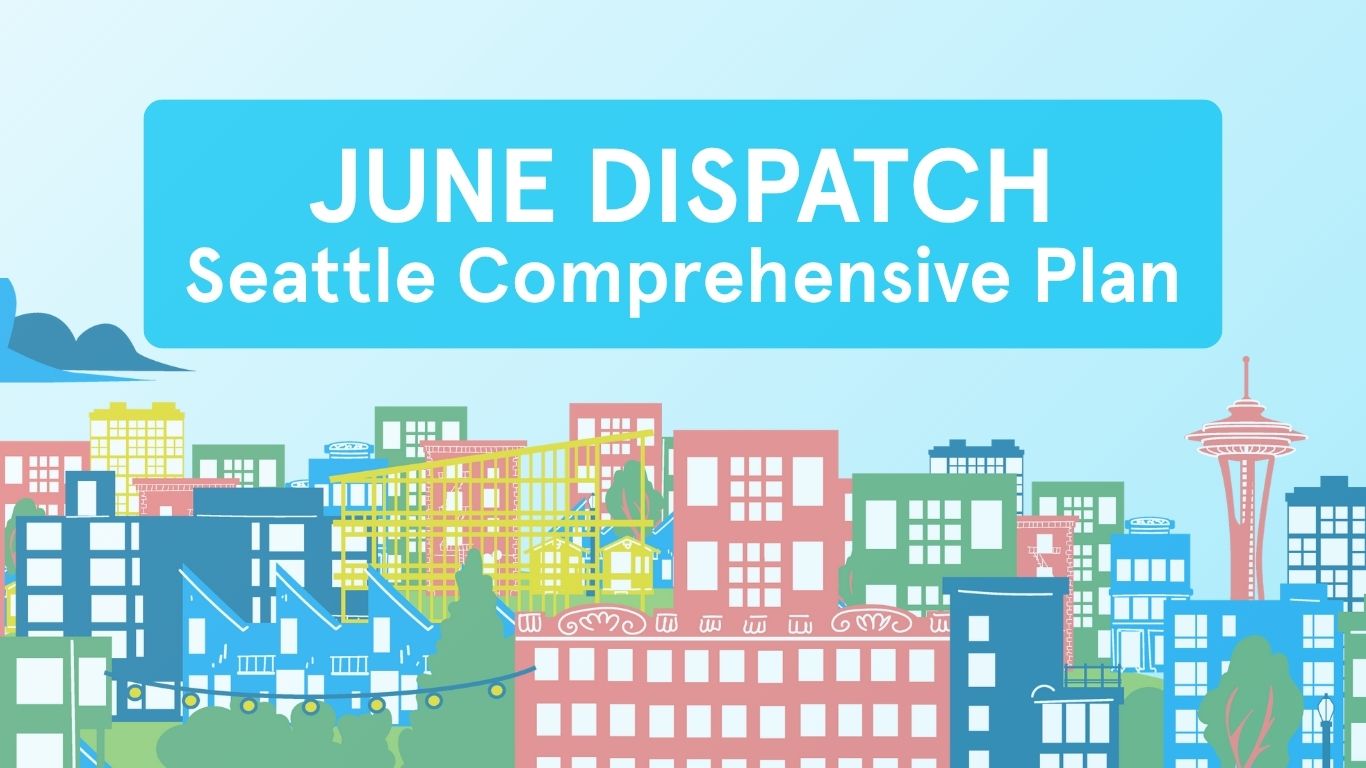Legislative Update – April 24, 2019
We’re pleased to announce that HB 1923 passed both the House and Senate yesterday – the final version of the bill closely reflects the summary that we offered in our blog post of April 12th. Even though the bill has weaknesses – particularly the optional nature of the increased density provisions – the context and process that led to its passage offer much to be hopeful about.
In addition to HB 1923, we’re also excited to announce the passage of HB 1440 – state-wide protections for low-income tenants. This is an incredibly important bill, and one that we helped spark – alongside our partners the Tacoma Tenants Organizing Committee and the Tenant’s Union – by investing in on-the-ground organizing and advocacy for tenant’s rights in Tacoma that cleared the path for state-wide reforms.
When we first had the opportunity to engage in the early days of rental protection discussions in Tacoma, we were unsure how to proceed. We considered how this work intersected with our core mission to advance equitable and sustainable land use policy. As we began to understand the community capacity gap we could help fill, and the enormous impact that tenant protections would have on low-income residents, we made an intentional choice to dive into the work and trust that the outcomes – both in the relationships and the policy changes – would benefit both us and our partners in the end.
Our success with our partners, TTOC and others, in passing rental protections at the city and later the state level speaks volumes about the state of the housing crisis in Washington and how legislators prioritized responses in Olympia. Effectively addressing our on-going affordable housing and homelessness crisis requires both immediate interventions as well as long-term solutions. We at Futurewise see the passage of both HB 1440 and HB 1923 as the two sides of that coin.
Statewide protections for tenants will have a direct and positive impact on our state’s most vulnerable residents, preventing many from entering homelessness. At the same time, we know that we need land-use and zoning reforms in cities and counties across the state. The changes made at the state level will still take a long time to play out in cities and counties, and the sooner we act on those reforms, the sooner more housing options will be available in cities with access to transit and opportunity. But the bottom line is that land-use is slow, complicated and messy, and it requires focused attention from legislators to iron out the complex details. This year, that legislative attention and energy went primarily into an issue – tenants rights – that would more quickly address the crisis.
That’s not to say that no hard work went on behind the scenes to process through HB 1923 – many legislators, the realtors, the building community, the cities and counties, the low-income housing community and many others spent hundreds of hours attempting to cut a deal on increased density that all parties could live with. These groups eventually settled on a bill that we would have preferred had more teeth, but trust was built during the process – trust that we will continue to foster and build through the remainder of this year to ensure that we can take bigger bolder steps on density, anti-displacement and growth management framework reforms in 2020.
Next year, we will also be working in a context that includes recommendations on GMA updates from the Road Map to Washington, and it is yet to be seen whether increased density and use of a racial equity lens for GMA will rise to the top of those recommendations – not to mention addressing climate change through land use policy. These are issues you can expect to hear from us a lot on in the latter half of 2019.
Looking back at our work during session this year, we’re proud to have worked closely with partners to support tenant protection policies, work that is outside of the typical scope of our mission, to advance housing solutions with immediate impacts. As part of our on-going effort to understand and work within a racial equity frame, one lesson we have clearly learned is that to be a trusted and authentic partner with community, we have to share our power and resources to deliver on their priorities. Thank you for following along and supporting us.
Correction: An earlier version of this blog post referred to SB 5600 (statewide eviction reform) instead of HB 1440.
Read more about the options included in HB 1923.


